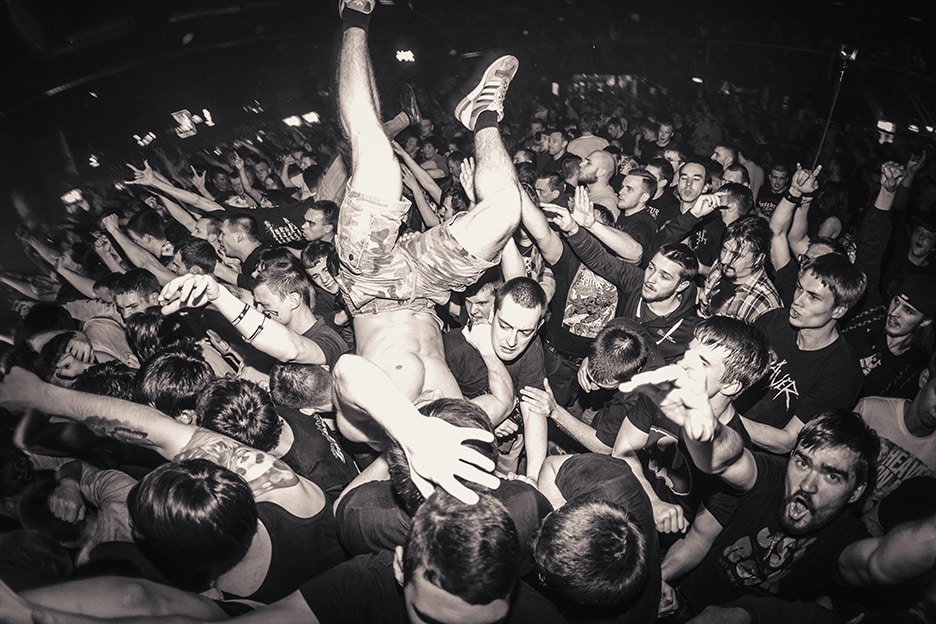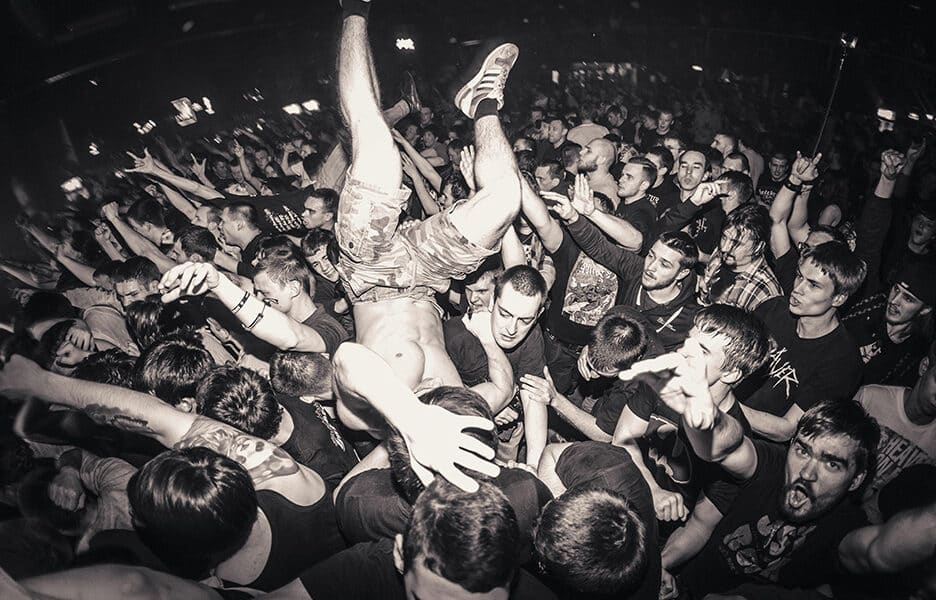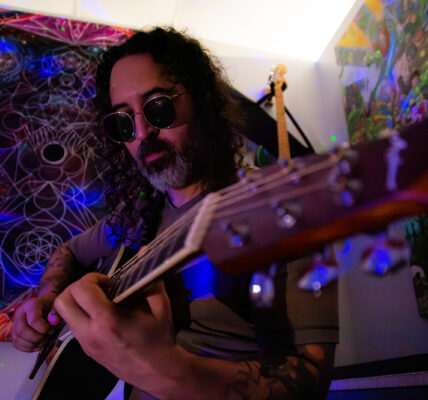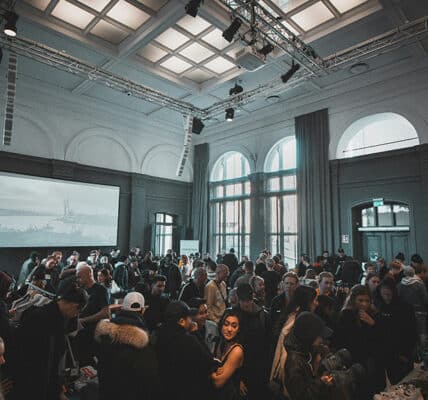
Absence makes the heart grow fonder; including the hearts of music fans across the world. During the Covid pandemic and millions of industry dollars lost, a new fad emerged: Virtual concerts and livestream performances. We were okay with that, but nothing would ever beat the magic of real, live interaction between artists and their fans.
Two years of withdrawal accounted for a lightning surge in ticket sales over the past several years, shooting the money made from touring straight up through the sky. This was despite the unbelievable increases in ticket prices. If you head back through history, you’ll also find people managed to spend money during the Great Depression to go see a movie in order to escape the heartache and fear of reality. It’s all statistical proof that people will find a way to buy a ticket if and when they really want to.

The company Pollstar, with a history of tracking the live entertainment industry for decades, documented a clear 18 percent live show sale increase, showing each year since 2022 breaking its previous record. However impressive these numbers are, though, it’s still important to note smaller acts are still having a difficult time due to the struggle of smaller venues to stay afloat.
Small venues are crucial for emerging and smaller artists. Although it’s still an ongoing and longer road to recovery for these places, they’ve had a few advantages that keep them rocking through it all. They don’t have as much staff to pay, and when they do face problems, no one has to go through big corporate chains to speak their concerns. Things get resolved more efficiently because smaller venues can more easily listen to the needs and demands of staff.
When all is said and done, patrons want to talk to real people. Fans want to be in the same room with their favorite artists. Most people who enjoy going to see live shows simply want social and physical interaction. Sitting in your living room for a show will never compensate for the real thing. They’re a perk; not a replacement. You’re basically paying for a pay-per-view show, and that’s not going to let you “feel that bass” under your feet.
How Anyone Can Support Small Venues
Fans love small venues; it’s a more intimate crowd, and there’s a better sense of connection with the band. None of us want to see them disappear. And I’m not just talking about little taverns and local bars; I’m talking about educational institutions and community arts centers as well.
Some theaters have their roots in the early 1900s, and they’re historical landmarks. Supporting places like this is vital to the cultural pride of communities. They give the youth a safe place to be entertained and encouraged. They provide opportunities that go beyond employment. They even boost local economies by opening the door for attracting tourists and providing jobs in hospitality. Some provide drama classes and workshops.
Small community theaters have been overlooked when it comes to booking bands; talk to these people, and you’ll usually find they’re open to booking band performances. I have personally seen hard rock bands book small community theaters and play in very small rooms, fans buying their drinks during intermission breaks and purchasing a lot of merchandise. It’s a viable opportunity. It’s also good for younger fans if you’re the kind of music group who likes to encourage young people.
Bars, taverns, coffee houses and small restaurants are all places where we enjoy watching live music, so don’t brush them off just yet. Upcoming artists need them, and they need music artists. Here are a few ways to support:
Sign up for local venue mailing lists. (Designate a separate email account for it; it might get messy.) Club promoters, theater staff and taverns who offer live music usually have mailing lists that you won’t always find on social media. Remember: social media isn’t the only place to look for entertainment. Blogs still exist; Bandsintown and Buzzbands are a few; don’t forget to pay attention to digital magazines (like this one) and follow through with bands you might discover you like. We all promote their websites, tours, and new releases. It’s easy to follow new artists this way and find out where they’re playing. Newer artists will always be performing in smaller venues, so it’s a win win.
Share; don’t just like. Likes are pretty much useless on social media. If you share and pass information around, however, you’re doing more good for someone. Speaking out about music you’ve discovered is even better. Shout outs are still king. This isn’t restricted to Instagram or Facebook; don’t forget you can still text your friends and tell them about events you’re interested in seeing. People still love being invited to things.
Support local record shops and buy merchandise at performance venues! Every artist usually has merch with them on a corner table in the shadows when they’re performing in small venues. Sometimes, the venue even gets a cut of the money. When you buy music at the merch table, you are supporting both artists and the venue they’re using.
Just show up. This is the most important thing anyone; fan, musician, promoter, producer- can do. Venues can’t stay open unless people keep showing up. You don’t have to go to everything; no one will expect that. They don’t even expect you to stay all night. Just a pop in whenever you can is usually enough to keep that venue open. And have a good time for a hot minute; post being there. Let people know you’re smiling, having fun, having a Coca-Cola (trying to be appropriate here) or making a new friend. It’s more helpful than you might believe.
Our post Covid culture is starting to get a little lazy in the social department. As humans, we’re built to use the least effort possible. If we don’t have to do something, we usually won’t. And that’s dangerous. It’s a gateway to social anxiety, depression and sedentary living. So you see, supporting local venues is good for your mental and physical well-being! Music lovers—don’t forget the locals!




